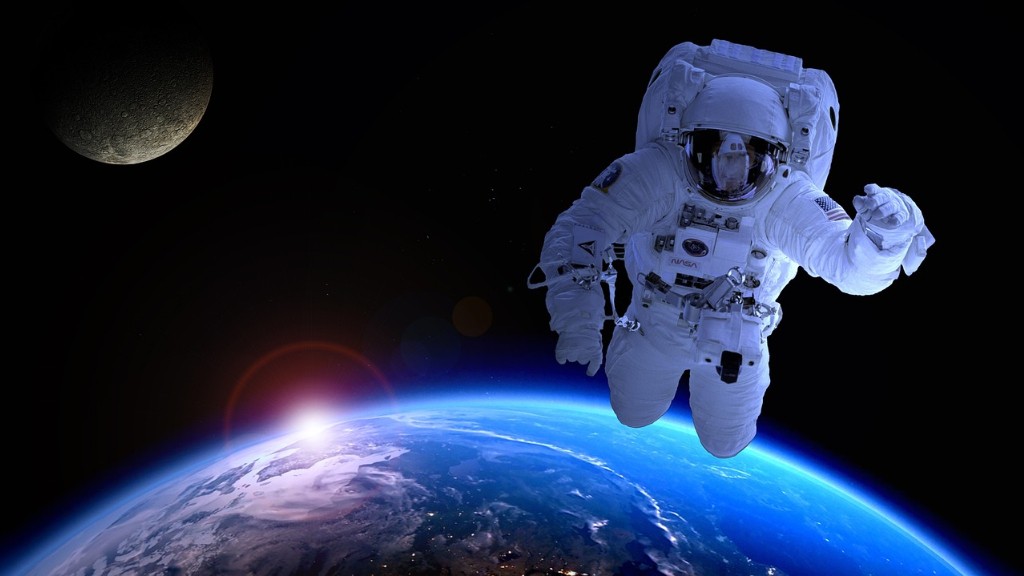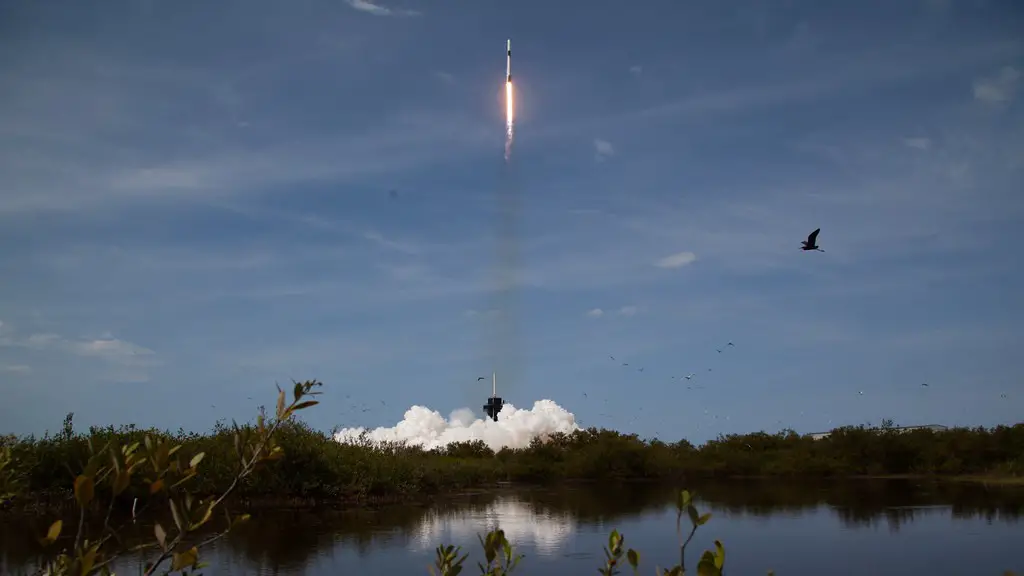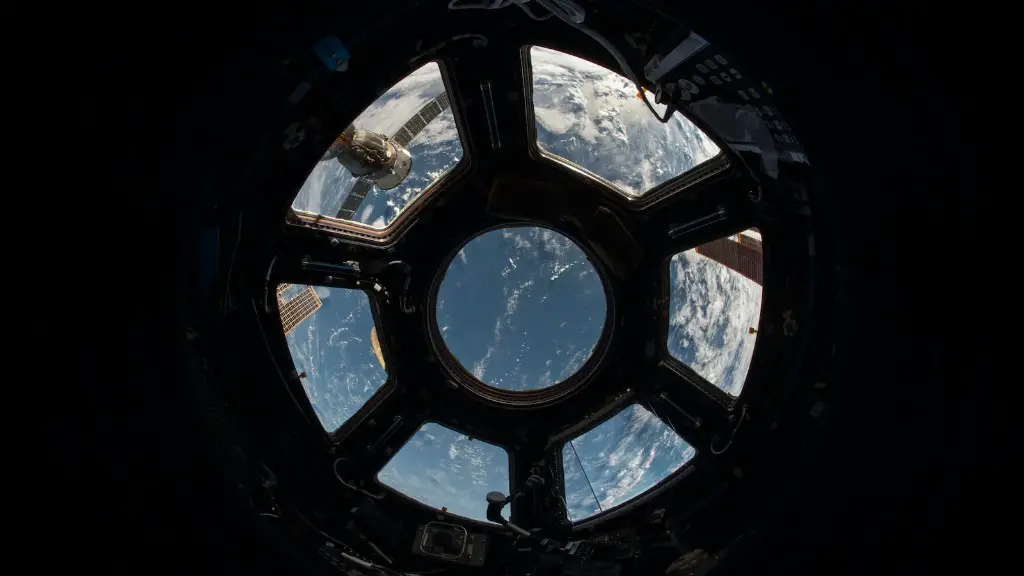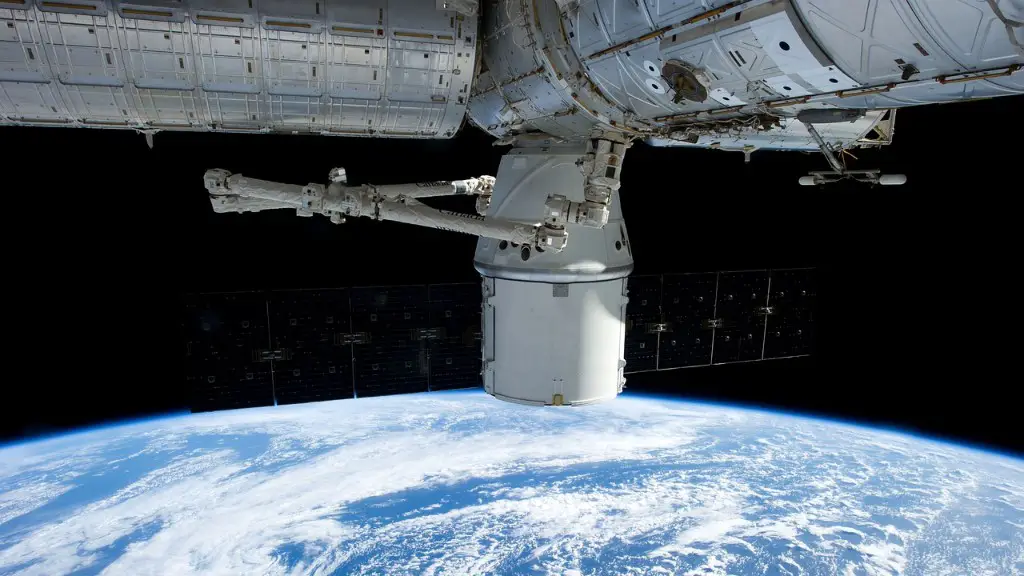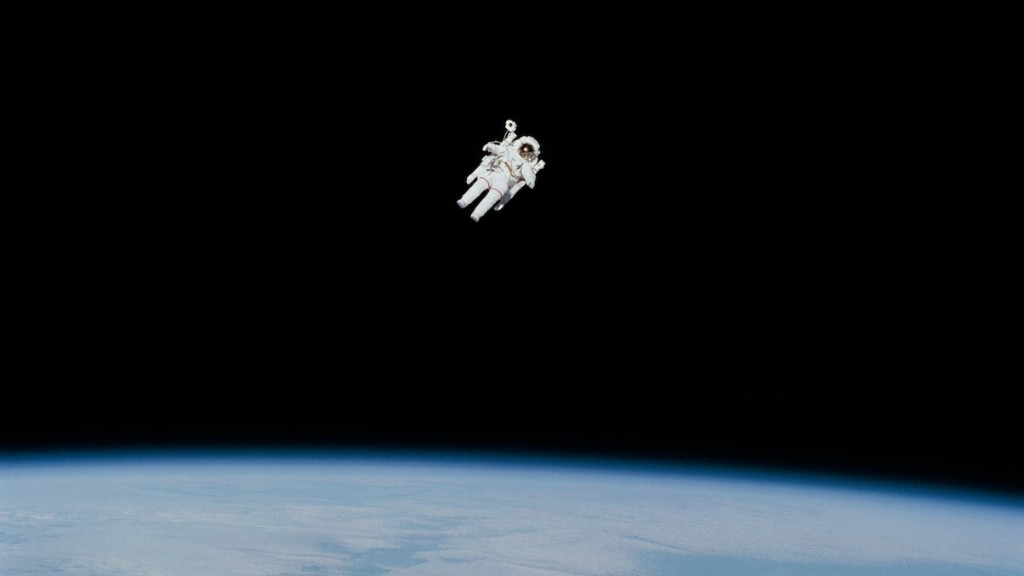With the end of the Space Shuttle program in 2011, NASA no longer launches rockets into space. The agency now relies on commercial partners to provide launch services.
As of September 2019, NASA has plans to launch another rocket in 2020.
Does NASA still do rocket launches?
Today, NASA announced that the next Commercial Crew Program mission will send astronauts to the International Space Station (ISS) aboard a SpaceX Crew Dragon capsule. This will be the sixth mission under the program, and is currently scheduled to launch on February 26, 2023.
The SpaceX Crew-6 mission will be piloted by NASA astronauts Mike Fincke and Nicole Mann, and will also include ESA astronaut Thomas Pesquet and JAXA astronaut Soichi Noguchi. This will be Fincke’s fourth mission to the ISS, and he will serve as the commander of the Crew Dragon capsule.
This will be the first time that a Crew Dragon capsule will launch with a full complement of four astronauts onboard, and the mission is expected to last for six months. During that time, the crew will conduct a variety of science experiments and will also serve as a test bed for future long-duration missions to deep space.
We are excited to see the continued progress of the Commercial Crew Program, and we are looking forward to the SpaceX Crew-6 mission!
STS-135 was the final mission of the American Space Shuttle program. The mission launched on July 8, 2011 and ended on July 21, 2011 with the landing of the shuttle at Kennedy Space Center.
Why doesn t NASA make rockets anymore
Given that NASA doesn’t have a lot of launches, it doesn’t make sense for them to invest in reusable rockets. The upfront cost would be high and the number of launches wouldn’t be enough to make it worthwhile.
The rocket launch that was scheduled to take place early this morning was cancelled due to safety concerns. This is definitely a disappointment for the astronauts who were set to take off, but safety is always the top priority. We hope that the next launch attempt is successful!
What does NASA even do anymore?
The Space Launch System (SLS) rocket and the Orion spacecraft are being developed by NASA for human deep space exploration. With the help of commercial and international partners, NASA will develop new opportunities in lunar orbit, including a platform to aid surface exploration and serve as a gateway to Mars.
NASA has launched over 80 missions since its establishment in 1958, both crewed and robotic. These missions have been responsible for groundbreaking discoveries and advances in our understanding of the universe.
Active science missions include the Hubble Space Telescope, the International Space Station, and the Mars Curiosity rover. These missions have vastly expanded our knowledge of the cosmos and have helped to unravel some of its greatest mysteries.
Past missions include the Apollo Moon landings, the Voyager probes’ exploration of the outer solar system, and the Curiosity rover’s search for life on Mars. Each of these missions has helped to shape our understanding of the universe and our place within it.
Looking to the future, NASA has plans for continued exploration of our solar system and beyond. With new missions being planned and launched all the time, there is sure to be many more discoveries and advances in our understanding of the universe in the years to come.
How far has a rocket gone?
On Sept 5, 1977, the probe was launched and as of August 2022, it is about 146 billion miles (235 billion kilometers) away from our planet, which makes it Earth’s farthest spacecraft.
The SLS rocket is unique in that it is the most powerful rocket ever made. It is also the only rocket that can deliver its payload in stages, making it ideal for carrying heavy loads into space.
What is the furthest a rocket has gone
On February 17, 1998, the Voyager 1 spacecraft will become the most distant human-created object in space, at a distance of 104 billion kilometers (65 billion miles). This is an amazing accomplishment, considering that Voyager 1 was launched more than two decades ago. This achievement is a testament to the hard work and dedication of the entire Voyager team, and is a reminder of how important it is to continue exploring our solar system and beyond.
SpaceX’s Starlink may replace NASA’s space telecoms network in the next decade. The US space agency wants to focus on science and exploration and hand over all low Earth orbit services to commercial players. Starlink could be a key part of this transition, providing a robust and reliable communications network for NASA and other customers.
Do rockets work poorly in space?
A rocket engine works better in space than on Earth because there is no atmosphere to inhibit the exhaust gases from getting out of the engine. This reduces the thrust, making it easier for the engine to produce more thrust. As a result, the rocket engine can achieve a higher speed and altitude in space.
The success of rocket development can be attributed to the agencies’ efforts in refining their designs and processes. Over the years, these agencies have been able to achieve really high reliabilities, which has made launching a successful endeavor.
Why did SpaceX cancels launch
SpaceX CEO Elon Musk said the automatic abort was triggered by a slight helium leak on the rocket. He said the leak was too small to pose a risk to the crew, but that it was enough to trigger the abort system.
The Obama administration’s decision to cut NASA’s planetary-sciences budget by 20 percent in 2013 goes against the recommendations of the National Research Council. This move could hamper important scientific research and exploration of our solar system.
What is NASA doing now 2023?
The Psyche spacecraft is an orbiter mission that will explore the origin of planetary cores by studying the metallic asteroid 16 Psyche. The spacecraft is scheduled to launch in October 2023 on a Falcon Heavy launch vehicle.
This is due to the fact that SpaceX is a platform-based company, while NASA is not. This means that SpaceX can launch multiple payloads into space for a fraction of the cost of what it would take NASA to do the same. Additionally, SpaceX has a much lower cost overrun than NASA, meaning that they can provide their services at a much lower price.
Conclusion
No, NASA does not currently launch any rockets.
Nasa does continue to launch rockets, though not as frequently as in the past. They have had success with a variety of mission types, including sending probes to study different planets in our solar system.

